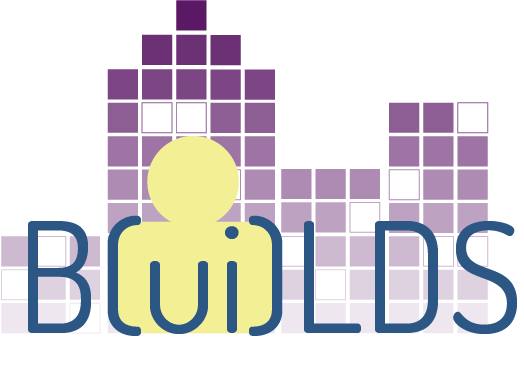STEM Inclusive Teaching Practices Webinar Series: Episode One
Author(s): Bryan Dewsbury1, Carrie Diaz Eaton2, Molly Phillips3, Anna Monfils4
1. University of Rhode Island 2. Bates College and QUBES 3. iDigBio, Florida Museum of Natural History, University of Florida 4. Central Michigan University
2386 total view(s), 1346 download(s)
Ep1_Transcript.pdf(PDF | 195 KB)
GMT20200408-150040_Molly-Phil_gallery_3240x21601.mp4(MP4 | 274 MB)
STEM Inclusive Teaching Practices Webinar Series Episode One.pptx(PPTX | 7 MB)
- STEM Inclusive Teaching Practices Webinar Series: Episode One on Vimeo
- STEM Inclusive Teaching Practices Ep 1 - Zoom
- License terms
Description
EDSIN (Environmental Data Science Inclusion Network), B(ui)LDS (Biological Universal and Inclusive Learning in Data Science, BLUE (Biodiversity Literacy in Undergraduate Education), iDigBio (Integrated Digitized Biocollections), and QUBES (Quantitative Undergraduate Biology Education and Synthesis) are organizing a new webinar series entitled “Inclusive Teaching Practices in STEM Education.” The purpose of this series is to initiate discussion on topics related to inclusive teaching practices while building community among a diversity of STEM disciplines interested in creating a more inclusive learning environments for undergraduate students. Our partners represent very different communities in the world of STEM, but we are all really interested in fostering more diverse and inclusive communities, so one goal of this project is to raise awareness of the existing knowledge base and resources that exist.
Episode One was a conversation with Bryan Dewsbury (University of Rhode Island) one of the authors of the CBE-LSE Inclusive Pedagogy guide moderated by Carrie Diaz Eaton. We talked with him about inclusive teaching practices, and he answered questions about implementation in the STEM classroom. We appreciate that all of our personal and professional lives have been disrupted by the pandemic, so we will also spend time talking about how to think about inclusion in the times of COVID-19.
This Resource Includes:
- A link to view the recording through Zoom where a lightly edited transcript is provided for Closed Captioning
- Mp4 recording to view offline
- PDF of audio transcript (edited for clarity)
- PDF of chat during the webinar
- Powerpoint presentation
- Video on Vimeo (with captions)
Speaker Bios
Bryan Dewsbury, Ph.D is a Gardner Institute Fellow and an Assistant Professor of Biology at the University of Rhode Island. He is the Principal Investigator for the SEAS (Science Education And Research) program. Their research focuses on questions relating to identity constructs, bias, relationships, and the effects of those variables on learning in students (from K-PhD). He is ultimately interested in helping to re-frame the education discussion to better address questions of equity and community-building. His work addresses pressing issues such as student retention in STEM fields (especially in higher ed), the under-representation of minority groups in certain STEM fields, and the role of affect (instructor and student) in promoting student learning gains. He also use the results of those efforts to help faculty develop inclusive curricula and sense of community in the classroom.
Carrie Diaz Eaton Ph.D, is an Associate Professor of Digital and Computational Studies and currently holds multiple grants related to research in mathematical and computational biology education, specifically undergraduate interdisciplinary curriculum development and faculty support for interdisciplinary teaching practice. In 2014, she co-founded QUBES and through which she engages in a number of projects and networks at the national level, often with professional societies, to promote and support quantitative biology education. An important part of this work includes supporting a diverse set of faculty and students in higher education. She uses modeling, computation, and a complex adaptive systems approach to explore theoretical questions in biology. While she started this work in computational neuroscience and then moved to evolutionary theory and plant-pollinator networks, she has more recently advised student internships and research projects in disease modeling, science communication, and undergraduate STEM education.
Cite this work
Researchers should cite this work as follows:
- Dewsbury, B., Eaton, C. D., Phillips, M., Monfils, A. (2020). STEM Inclusive Teaching Practices Webinar Series: Episode One. B(ui)LDS: Biological, Universal, and Inclusive Learning in Data Science Community, QUBES Educational Resources. doi:10.25334/P7NQ-HT70
